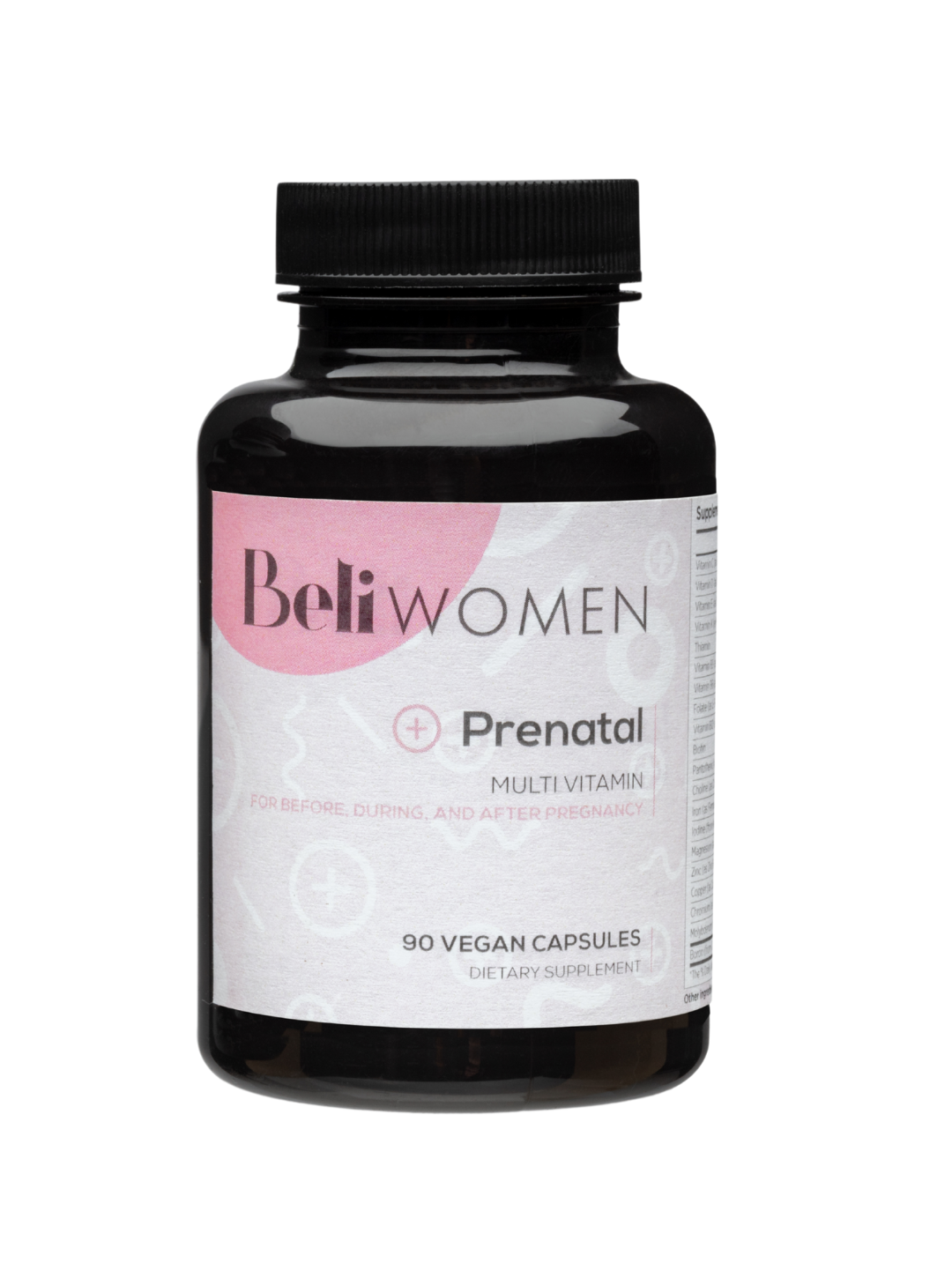Congratulations! Discovering that you’re pregnant can be an exhilarating yet overwhelming experience. Whether it’s your first child or not, each pregnancy can bring its own unique joys and challenges. This guide is designed to help you navigate these early stages with confidence, providing essential advice and a helpful checklist for both you and your partner.
First Steps After Confirming Your Pregnancy
The early weeks of pregnancy are crucial for your baby’s development. Here’s how you can start your pregnancy journey on the right foot with your first OB appointment:
- Confirm Your Pregnancy and Initial Check-ups. If you haven't already, confirm your pregnancy with a healthcare provider who can provide you with a comprehensive check-up and establish an estimated due date.
- Discuss Prenatal Supplements: Your doctor will likely recommend starting prenatal vitamins if you haven't begun already. These are crucial for providing necessary nutrients like folate, which is essential for the development of your baby's brain and spine.
- Establish a Prenatal Care Routine: Regular prenatal visits are key to monitoring the health and development of your baby. During these visits, your healthcare provider will perform necessary tests and screenings to monitor your baby’s health.
- Advocate for Yourself: Don't be afraid to ask questions and get the guidance that is personalized to you!
Tips for the First Trimester Snack Smart for Morning Sickness:
- Ginger: Incorporate ginger into your diet, as it's known for its anti-nausea properties. Ginger tea, ginger ale made with real ginger, or even ginger candies can be helpful.
- Lemon Drops: Sucking on lemon drops or adding a splash of fresh lemon juice to your water can help alleviate nausea.
- Protein-Power: Eating protein-rich snacks before bed can help stabilize morning blood sugar levels, which might reduce nausea in the morning.
- Stay Hydrated If plain water turns your stomach, try infusing it with slices of fruits like cucumber, strawberry, or citrus to enhance the flavor naturally. Hydration Helpers: Incorporate hydrating foods into your diet, such as watermelon, cucumber, and smoothies, which can be easier on the stomach and help maintain fluid levels.
- Navigating Fatigue with Mini-Breaks: Instead of struggling against the tide of first-trimester fatigue, embrace power naps. A short, 20-minute nap can rejuvenate your energy levels significantly.
- Relaxation Techniques: Engage in relaxation techniques such as guided imagery or progressive muscle relaxation that can be performed even at your desk or on a short break. This can reduce stress levels and improve your energy.
- Adjust Your Exercise Routine: If regular workouts start to feel too strenuous, consider switching to water aerobics or swimming. Water activities are gentle on the joints and effective at boosting circulation and muscle tone without being too taxing. Engage in prenatal yoga, but with modifications for your growing belly. Many yoga studios offer prenatal classes that focus on poses safe for pregnant women, which can also help prepare your body for childbirth.
- Embrace Layered Clothing: Pregnancy can make your body temperature more erratic. Wearing layers allows you to adjust your clothing based on how hot or cold you feel, which can change unexpectedly.
- Connect with Your Baby Early: Start a Journal or a Letter to Your Baby: Document your feelings, hopes, and daily experiences of your pregnancy. This can not only be a therapeutic activity for you but also a precious keepsake for your child in the future.
- Gentle Belly Massage: Using a safe, pregnancy-appropriate lotion or oil, gently massage your belly. This can increase circulation, reduce stress, and create a sense of bonding with your baby.
- Optimize Your Sleep Environment: Consider investing in a pregnancy pillow early on to support your changing body and help you find comfortable sleeping positions as your pregnancy progresses.
- Digital Detox: Reduce stress by limiting exposure to negative news or social media. Instead, spend time on hobbies or activities that bring you joy and relaxation. Implementing these unique tips can help you manage the common challenges of the first trimester more effectively, while also enhancing your overall pregnancy experience.
Remember, every pregnancy is different, so always consult with your healthcare provider to ensure any new activity or change in your routine is safe for you and your baby.
As you navigate the first trimester of your pregnancy, remember that you're embarking on one of the most extraordinary journeys of your life. It's a time of profound transformation and growth, not just for the baby you are nurturing but also for you as a parent-to-be. Embrace each moment, from the small triumphs to the challenging days, knowing that each step brings you closer to meeting your little one.
You're not alone in this journey. Lean on your partner, healthcare providers, family, and friends for support. Remember, it's okay to ask for help and share your feelings. Every emotion you experience, from overwhelming joy to anxiety, is valid and part of this incredible journey of bringing a new life into the world.
Take care of yourself with the same love and attention you will soon lavish on your baby. Prioritize your well-being with good nutrition, proper rest, and mental health care. And as you prepare your home and heart for your new arrival, let each day be a step toward an even more fulfilling life.
As you move forward, keep in mind that the bond between you and your baby grows stronger with every heartbeat. Cherish this special time and look forward to the joyous moment when you finally hold your baby in your arms. With the right preparation and a heart full of love, you are ready to take on the world of parenthood.



